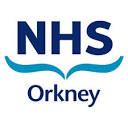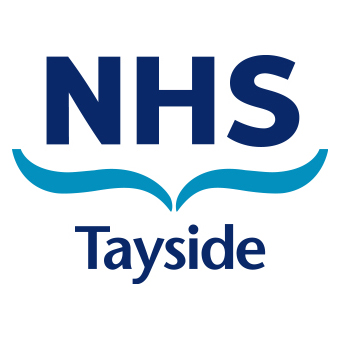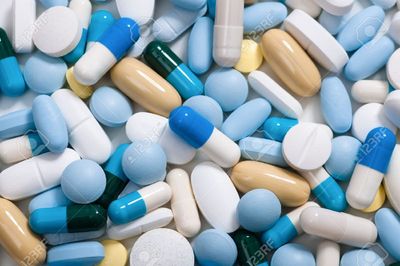

Pain






Pain
Uncontrolled pain can affect your eating and drinking and tasks of daily living.
Here are some ideas to help manage eating and drinking and make everyday activities easier.

Take medication as prescribed
Pain is better managed if medication is taken regularly. Do not wait to feel pain before taking your pain relief medication. Taking your pain relief medication as prescribed can help you to manage your pain and associated symptoms.
If your pain is not well controlled speak to your healthcare team; they may be able to adjust your medication type and/or dose to help control your pain and associated symptoms.
If you take are taking a non-steroidal anti-inflammatory medication such as Ibuprofen, take this with food to reduce the risk of stomach irritation.
If your pain worsens on eating and drinking, consider taking your pain medication before you eat and drink as this may help it to take effect and increase the amount you are able to eat and drink.
Take pain medication before a meal or a snack
If your pain worsens on eating and drinking or if you are unable to eat and drink due to pain, consider taking your pain medication a short time before you eat and drink. This way, the medication helps to reduce the pain experienced when you eat or drink and may help you to eat and drink a little better.
You may also benefit from choosing;
Treat Constipation
Constipation itself can cause pain and discomfort.
Opiate containing medication including codeine or morphine used to treat pain can cause constipation. You may be prescribed a laxative medication at the same time as these to help keep your bowels moving regularly.
Click here for more information on ways to manage constipation including details on medication.
Treat a sore mouth or throat
Some types of cancer, treatments and infections can result in a sore mouth or throat. Click here for information on ways to manage a sore mouth including details on medication.
